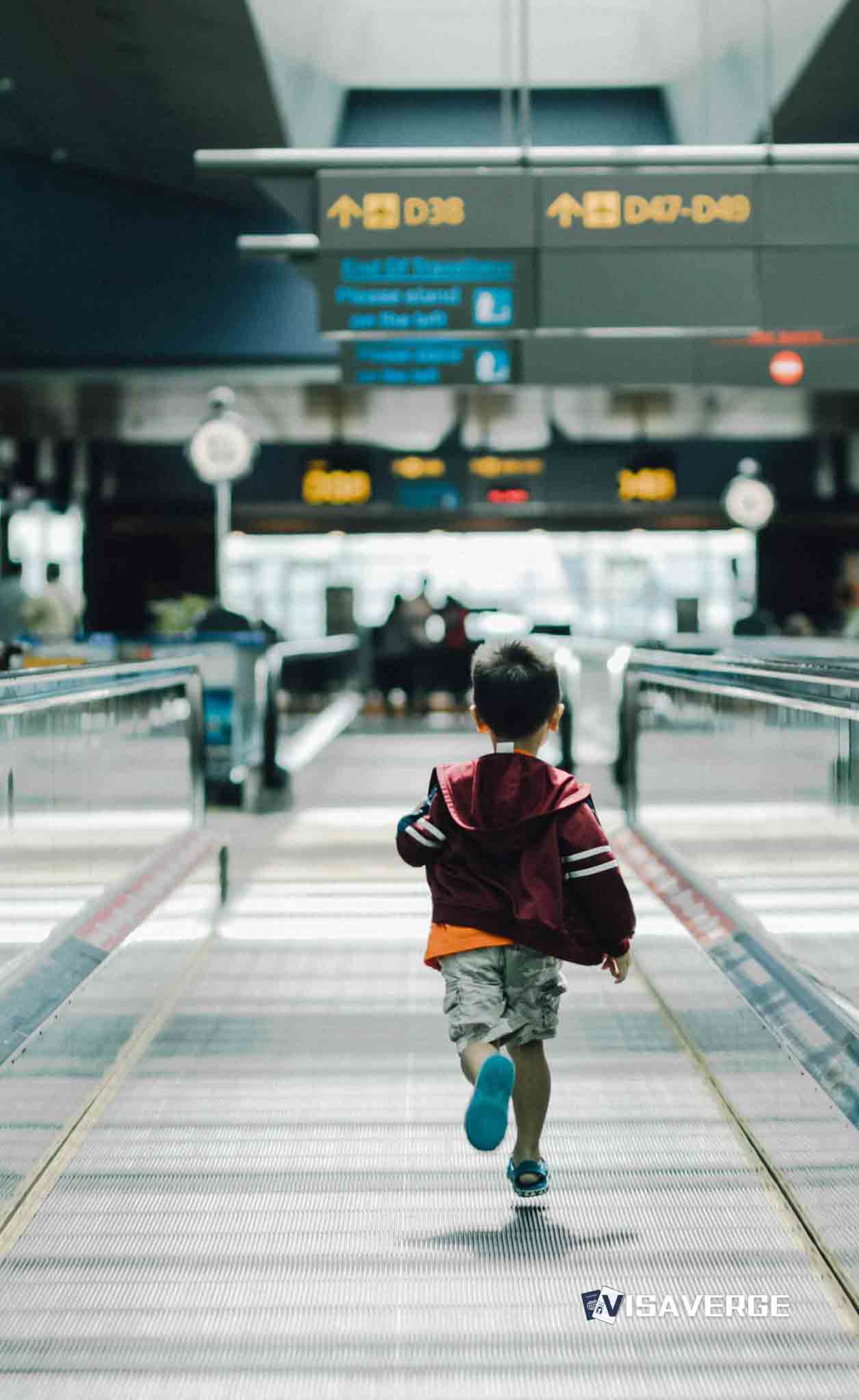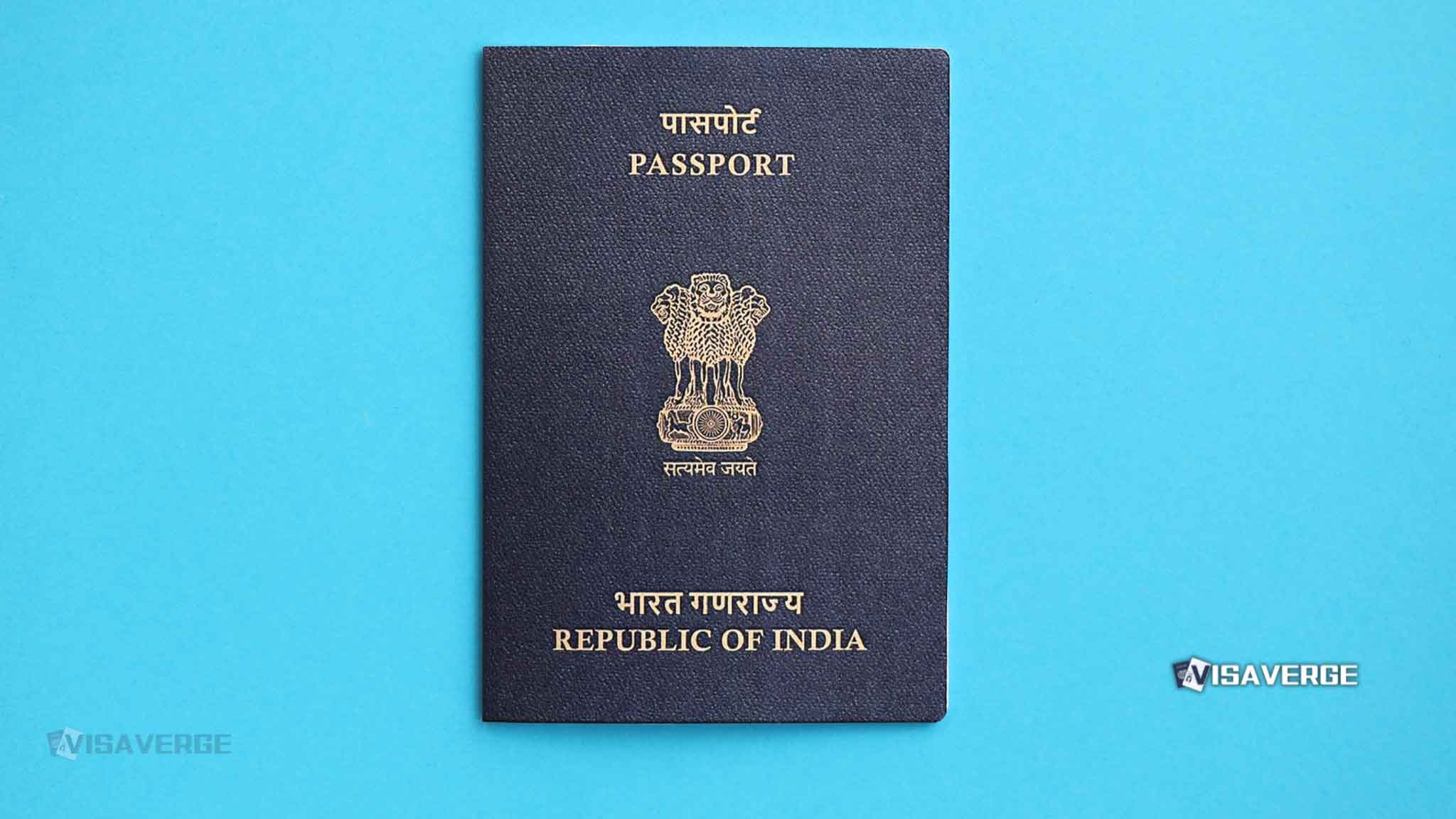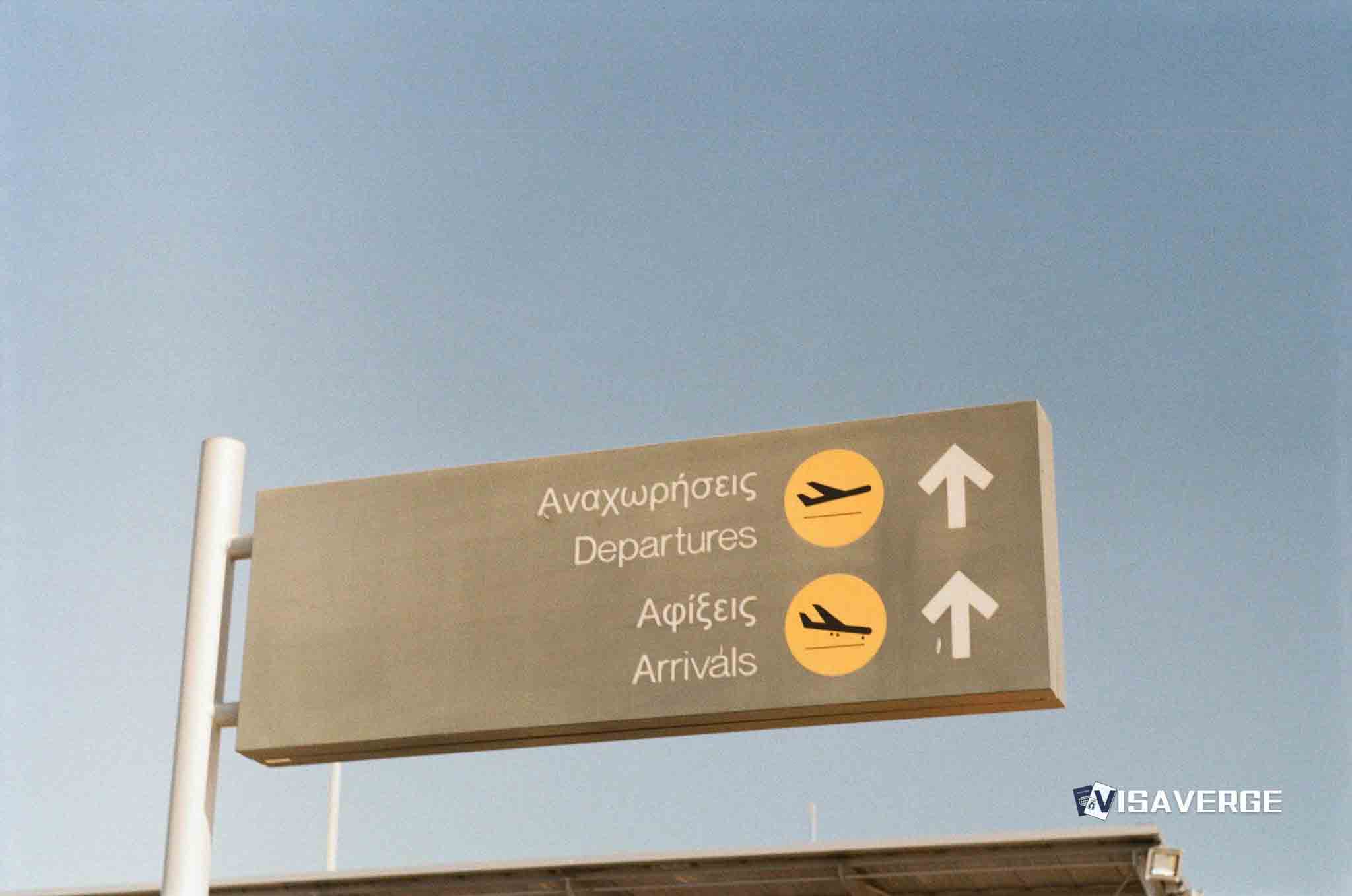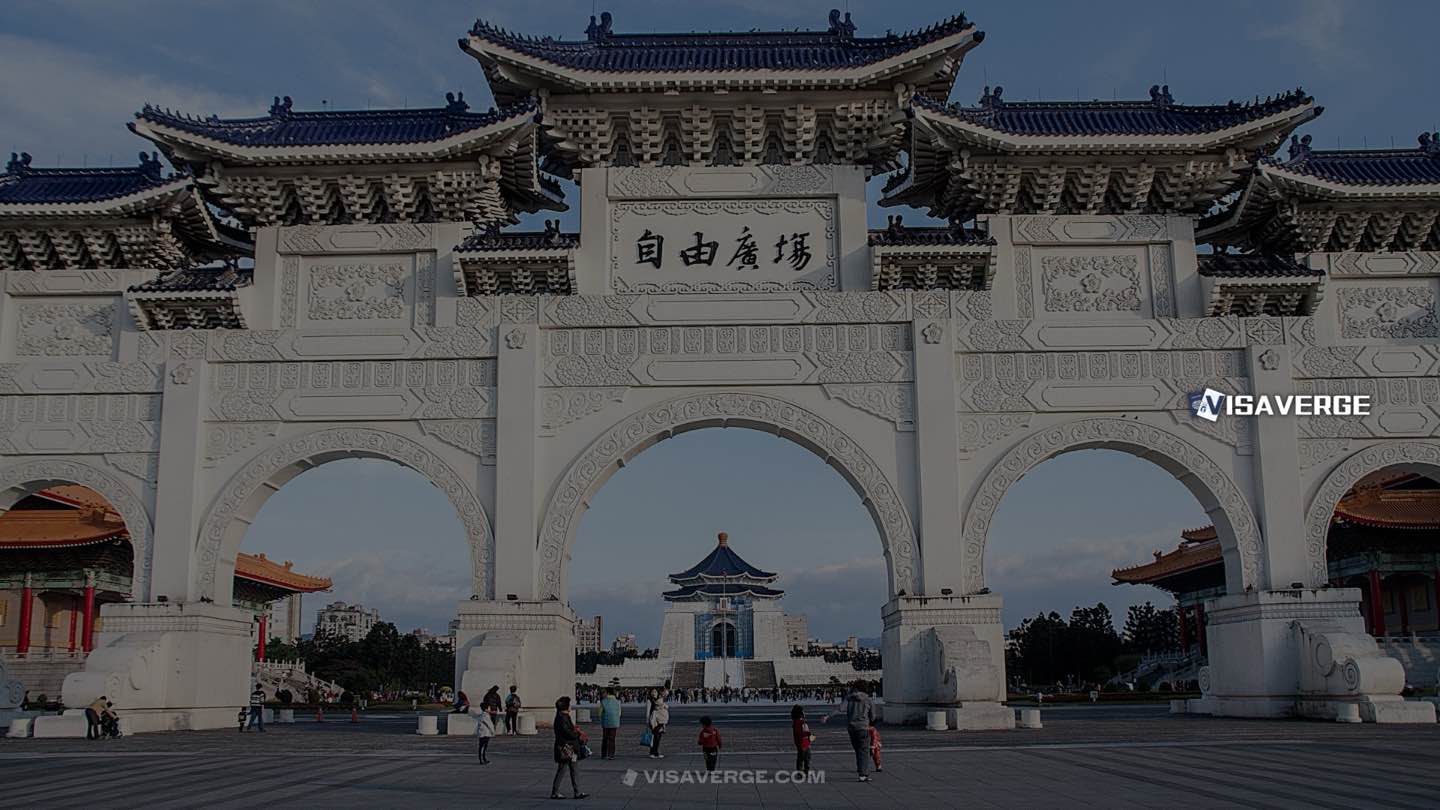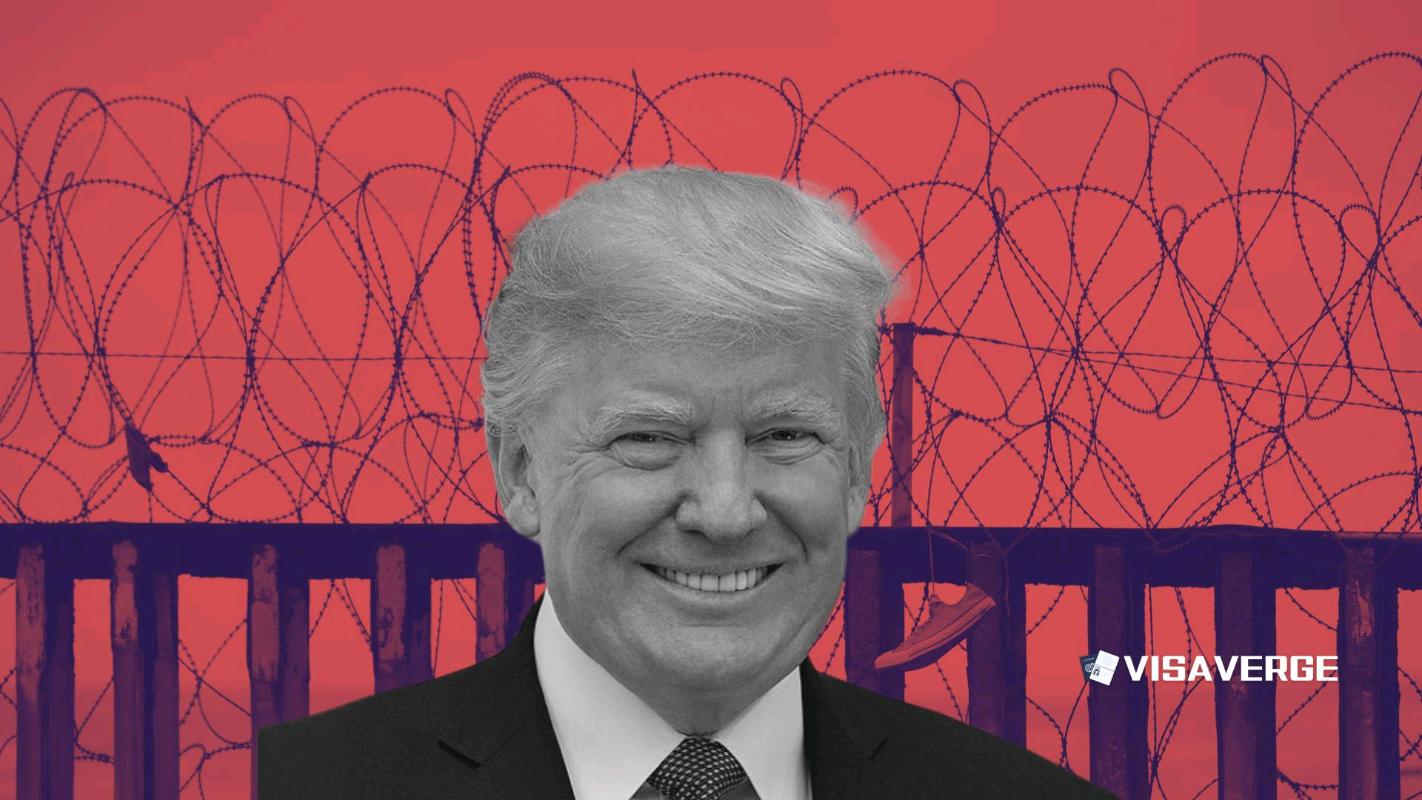Key Takeaways
• Judge Farbiarz ordered Mahmoud Khalil’s release on June 20, 2025, from federal immigration detention in Louisiana.
• Khalil was detained over three months due to a rare INA provision citing foreign policy risks from his activism.
• Release conditions include bail, travel limits, and mandatory attendance at immigration hearings amid ongoing deportation appeals.
On June 20, 2025, a federal judge ordered the immediate release of Mahmoud Khalil, a Columbia University graduate student and lawful permanent resident, from federal immigration detention in Jena, Louisiana. Judge Michael Farbiarz, who presided over the case in the United States District Court, found that Khalil was neither a flight risk nor a danger to the community. The judge described the government’s ongoing efforts to keep Khalil in custody as “highly, highly unusual.” Khalil had spent more than three months in detention after the Trump administration sought his deportation, citing alleged foreign policy concerns linked to his pro-Palestinian advocacy.
Khalil’s release allows him to return to New York and reunite with his wife, Dr. Noor Abdalla, and their newborn son—a child he had not met due to his detention. While this decision marks a turning point in Khalil’s legal journey, his immigration case is far from over. The government continues to pursue his removal under a rarely used section of immigration law, raising serious questions about the use of immigration enforcement against political activists and the broader impact on civil liberties.
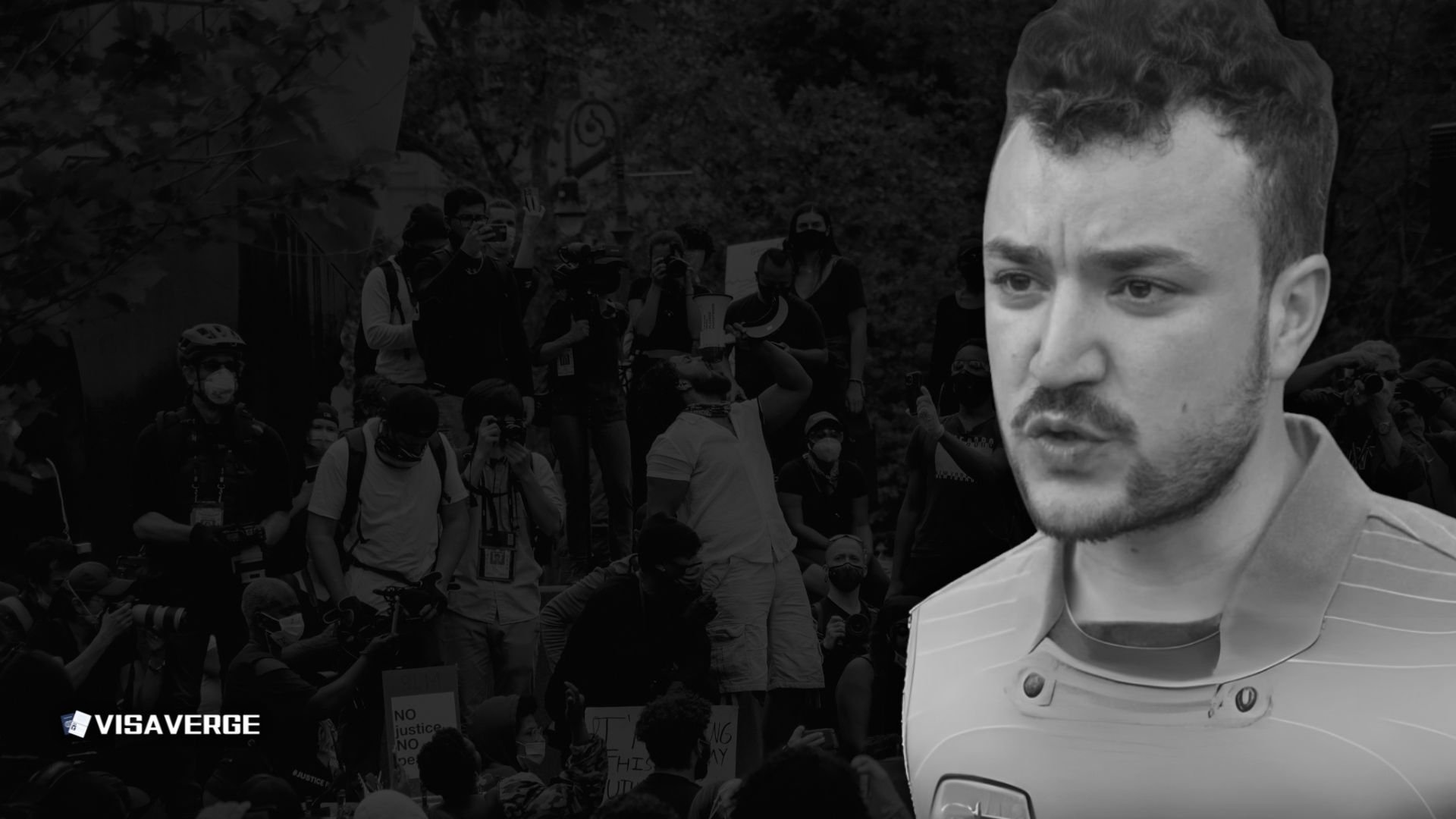
The Case of Mahmoud Khalil: Who, What, When, Where, and Why
Who: Mahmoud Khalil, a Palestinian-American graduate student at Columbia University and lawful permanent resident of the United States 🇺🇸.
What: Khalil was detained by U.S. Immigration and Customs Enforcement (ICE) for over three months as the Trump administration attempted to deport him, citing national security and foreign policy concerns related to his activism.
When: Khalil was arrested on March 8, 2025, and released on June 20, 2025.
Where: He was detained in Jena, Louisiana, and released following a federal court order.
Why: The Trump administration argued that Khalil’s pro-Palestinian advocacy posed a foreign policy risk, relying on a rarely used legal provision. Civil liberties groups and Khalil’s legal team argued that his detention was retaliation for protected political speech.
How the Detention and Release Unfolded
Khalil’s ordeal began when ICE agents arrested him at his New York apartment on March 8, 2025. The government’s initial justification for his detention was based on a memo from Secretary of State Marco Rubio, who claimed Khalil’s activism created a hostile environment for Jewish students and posed “serious adverse foreign policy consequences.” This rationale relied on section 237(a)(4)(C)(i) of the Immigration and Nationality Act, which allows the Secretary of State to order the removal of a legal resident if their presence is deemed a foreign policy risk.
This legal provision is almost never used. According to analysis from VisaVerge.com, it has been invoked only 15 times out of more than 11 million immigration cases, highlighting just how rare Khalil’s situation is.
After Khalil’s legal team challenged the foreign policy justification in federal court, the government shifted its argument, alleging that Khalil had made errors or omissions on his green card application. Legal experts described this move as “exceedingly rare” and “retaliatory,” suggesting that the government was searching for any reason to justify his continued detention.
Judge Michael Farbiarz’s Ruling
On June 20, 2025, Judge Michael Farbiarz ordered Khalil’s immediate release from federal immigration detention. In his decision, Judge Farbiarz found that the government had failed to show that Khalil was a flight risk or a danger to the community. The judge also criticized the government’s shifting justifications for Khalil’s detention, calling the situation “highly, highly unusual.”
Judge Farbiarz’s ruling allowed Khalil to leave ICE custody that same evening. However, Khalil’s freedom comes with strict conditions. He is out on bail and must comply with travel restrictions, limiting his movement to New York, New Jersey, Michigan, Washington, D.C., and Louisiana (for court appearances). He is also required to attend all future immigration proceedings.
The Human Impact: Family, Milestones, and Loss
Khalil’s detention had a deep personal cost. During his more than three months in custody, he missed the birth of his first child, Mother’s Day, Father’s Day, and his own Columbia University graduation. His wife, Dr. Noor Abdalla, expressed both relief and frustration after the ruling. While she celebrated her husband’s release, she condemned what she called the broader injustice of targeting activists and the pain caused to their family.
Khalil’s case is not just a legal battle—it is a story of a family separated by government action, a newborn child who met his father for the first time after months of waiting, and a community of supporters who rallied for his release.
The Legal Process: Step-by-Step
Khalil’s journey through the immigration system involved several key steps:
- Initial Detention: ICE agents arrested Khalil at his home in New York on March 8, 2025.
- Federal Habeas Corpus Petition: Khalil’s legal team filed a petition in federal court, arguing that his detention was unconstitutional and retaliatory, targeting his protected speech.
- Immigration Court Proceedings: Separate hearings in Louisiana focused first on the government’s foreign policy claims and later on alleged misrepresentations in Khalil’s immigration paperwork.
- Federal Court Ruling: Judge Michael Farbiarz ordered Khalil’s release on June 20, 2025, finding the government’s justifications inadequate.
- Release and Bail Conditions: Khalil was released the same day, with travel restrictions and a requirement to attend all immigration proceedings.
- Ongoing Appeals: Khalil’s legal team continues to challenge the underlying removal order in immigration court.
For readers interested in the legal forms and procedures involved in such cases, information about the Immigration and Nationality Act is available on the official U.S. Citizenship and Immigration Services website.
The Controversial Use of Section 237(a)(4)(C)(i)
The Trump administration’s reliance on section 237(a)(4)(C)(i) of the Immigration and Nationality Act has drawn widespread criticism. This section allows the Secretary of State to order the removal of a legal resident if their presence is deemed a foreign policy risk. Before Khalil’s case, this provision had been used only 15 times in over 11 million immigration cases.
Legal scholars and civil rights organizations have called this law “obscure,” “rarely used,” and dangerous when applied to political activists. Amnesty International and the American Civil Liberties Union (ACLU) both condemned Khalil’s detention, arguing that it was part of a broader effort to use immigration law to silence dissent.
Ana Piquer, Amnesty International’s Americas Regional Director, described Khalil’s detention as “unnecessary” and part of a pattern of suppressing pro-Palestinian advocacy. Ramzi Kassem, Co-Director of the CLEAR project at CUNY Law, said the government’s actions were retaliatory for Khalil’s protected speech.
Political and Social Reactions
Khalil’s case has sparked strong reactions from many groups:
- Civil Liberties Groups: Organizations like the ACLU, Center for Constitutional Rights, and CLEAR at CUNY Law have condemned the detention as unconstitutional retaliation and a threat to free speech.
- Congressional Progressives: Representative Pramila Jayapal called the detention a “stain” on the U.S. justice system and an attack on free speech.
- Trump Administration: Officials argue that the detention was justified on foreign policy and national security grounds. Secretary of State Marco Rubio authored the memo used to justify Khalil’s detention, accusing him of fostering a hostile environment for Jewish students.
- Judiciary: Judge Michael Farbiarz criticized the government’s shifting rationale and found no legal basis for continued detention.
- Khalil and Family: While relieved at his release, Khalil and his wife stress the ongoing injustice and the chilling effect on activism.
Broader Implications for Immigrants and Activists
Khalil’s case has raised alarms among civil liberties groups and legal experts about the use of immigration law to suppress political dissent. Many warn that the precedent set by this case could discourage immigrants—and even U.S. citizens—from exercising their right to free speech and protest.
Key concerns include:
- Chilling Effect on Free Speech: If the government can use immigration law to target activists, others may be afraid to speak out on controversial issues.
- Weaponizing Immigration Enforcement: The use of rarely invoked legal provisions for political reasons could undermine trust in the immigration system.
- Impact on Families: Detention and removal proceedings can separate families for months or years, causing lasting harm.
As reported by VisaVerge.com, Khalil’s case is part of a growing pattern where immigration enforcement is used to silence protest and political speech, especially among students and activists.
Ongoing Legal Battle and Future Outlook
Although Khalil is now free on bail, his legal journey is not over. His immigration proceedings continue, and the Trump administration may still seek his removal. Khalil’s legal team is appealing the underlying removal order in immigration court, arguing that both the foreign policy and paperwork justifications are pretextual and retaliatory.
The outcome of Khalil’s appeals will have important consequences not only for him and his family but also for other immigrants and activists who may face similar actions in the future. Civil liberties groups are expected to keep monitoring and challenging government efforts to use immigration law against political dissent.
Resources and Support for Affected Individuals
For those seeking help or more information about similar cases, several organizations offer support:
- American Civil Liberties Union (ACLU): www.aclu.org
- Center for Constitutional Rights: www.ccrjustice.org
- CLEAR at CUNY Law: www.cunyclear.org
- Van Der Hout LLP: www.vblaw.com
- Amnesty International: www.amnesty.org
- For Congressional Inquiries: Office of Rep. Pramila Jayapal: jayapal.house.gov
These organizations can provide legal advice, advocacy, and updates on ongoing cases.
What This Means for Immigrants, Students, and Activists
Khalil’s case is a warning for immigrants, students, and activists who engage in political speech or protest. The use of immigration law to target individuals for their beliefs or activism is rare but can have serious consequences. Legal experts recommend that anyone involved in activism:
- Know Your Rights: Understand your rights as an immigrant or lawful permanent resident. The ACLU and other organizations offer resources and legal guides.
- Seek Legal Help Early: If you are contacted by immigration authorities or believe you are being targeted for your activism, contact a qualified immigration attorney or advocacy group immediately.
- Document Everything: Keep records of your activities, communications with officials, and any legal documents related to your immigration status.
- Stay Informed: Follow updates from trusted organizations and official government sources, such as the U.S. Citizenship and Immigration Services.
Conclusion: A Case with Lasting Impact
The release of Mahmoud Khalil from federal immigration detention is a significant development in U.S. immigration law and civil liberties. While Khalil is now free to return to his family, his case continues in immigration court, and the broader debate over the use of immigration law to target political speech is far from settled.
Judge Michael Farbiarz’s ruling highlights the importance of judicial oversight in protecting individual rights, especially when government actions threaten to silence dissent. As Khalil’s legal team continues to fight his removal, civil liberties groups and advocates will be watching closely, knowing that the outcome could shape the future of immigration enforcement and free speech in the United States 🇺🇸.
For immigrants, students, and activists, Khalil’s story is a reminder of both the risks and the importance of standing up for one’s beliefs. It also underscores the need for strong legal support and community solidarity in the face of government actions that threaten fundamental rights.
Learn Today
Lawful Permanent Resident → A non-citizen authorized to live and work permanently in the United States under immigration law.
Immigration and Nationality Act (INA) → Federal law governing immigration, residency, and deportation procedures in the United States.
Section 237(a)(4)(C)(i) → A rarely used INA provision allowing removal if a resident poses foreign policy risks per Secretary of State.
Habeas Corpus Petition → A legal action challenging unlawful detention, seeking a court order to release the detained individual.
Federal Immigration Detention → Custody by U.S. immigration authorities often pending removal or legal proceedings against an immigrant.
This Article in a Nutshell
Mahmoud Khalil was freed after three months detained under unusual immigration laws targeting his activism. His release highlights tensions between national security claims and civil liberties concerns affecting immigrant activists.
— By VisaVerge.com






